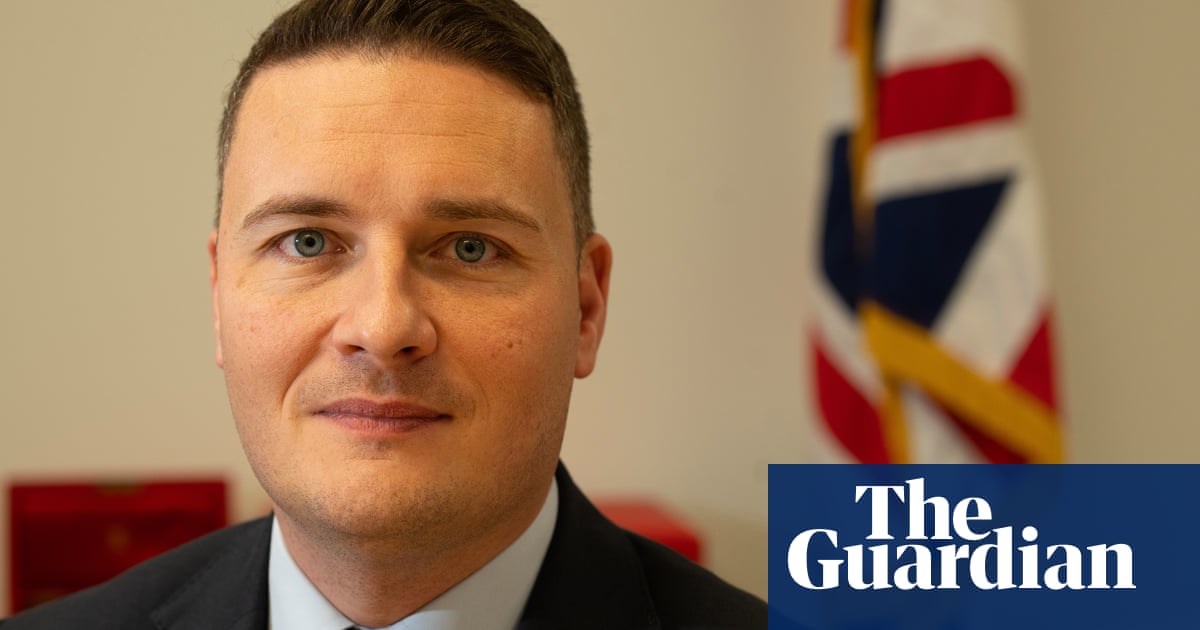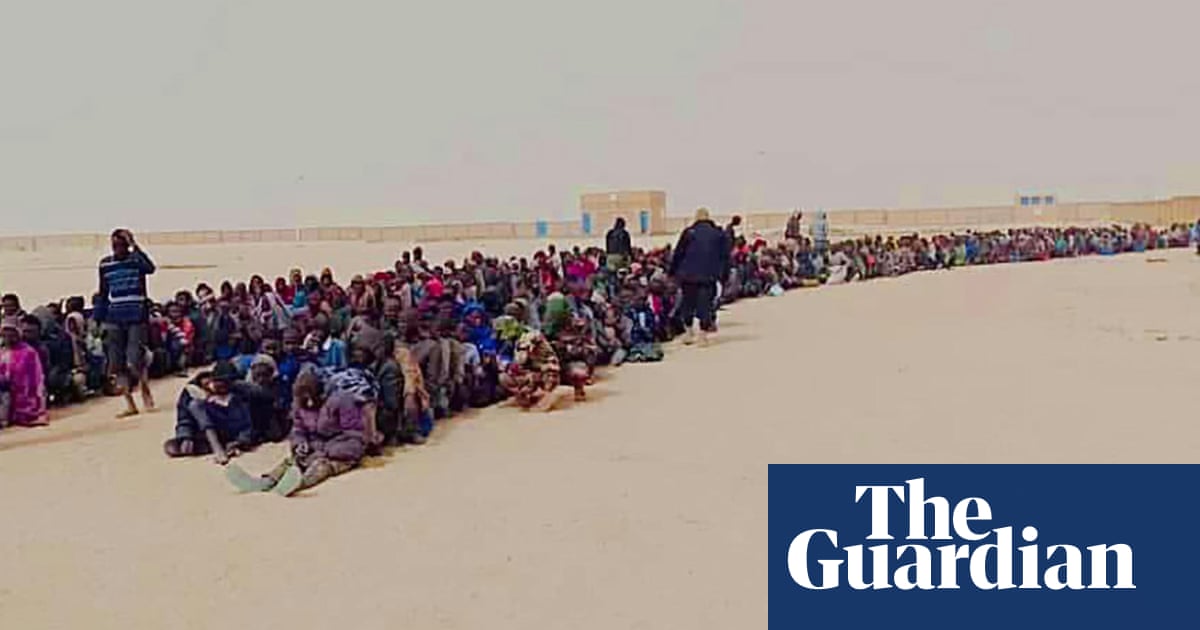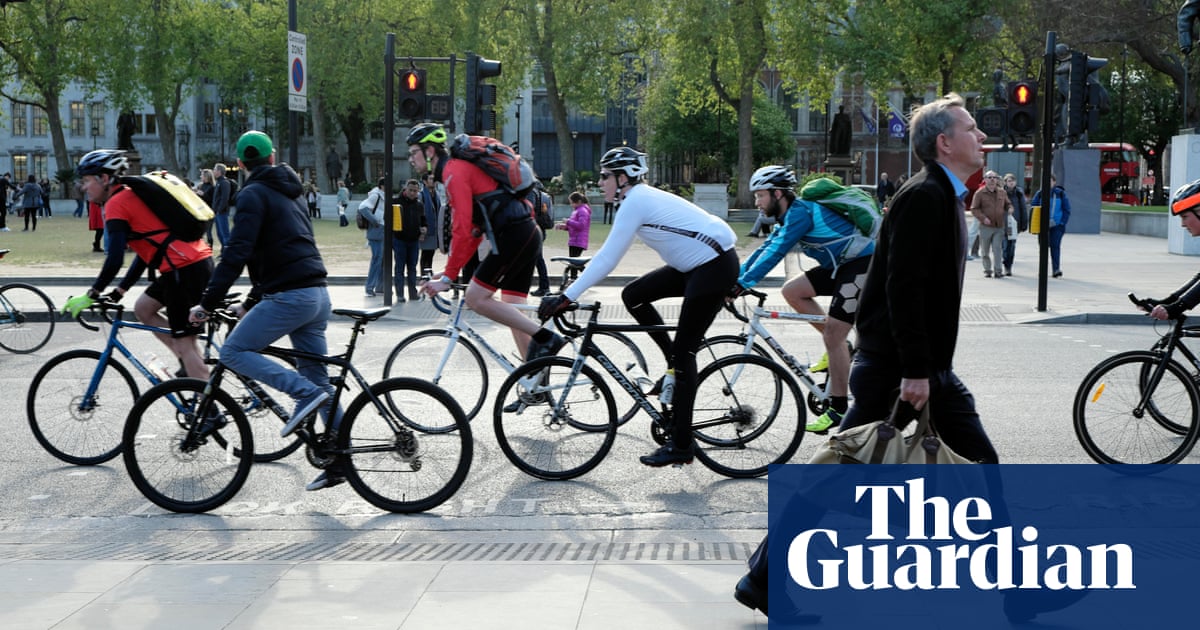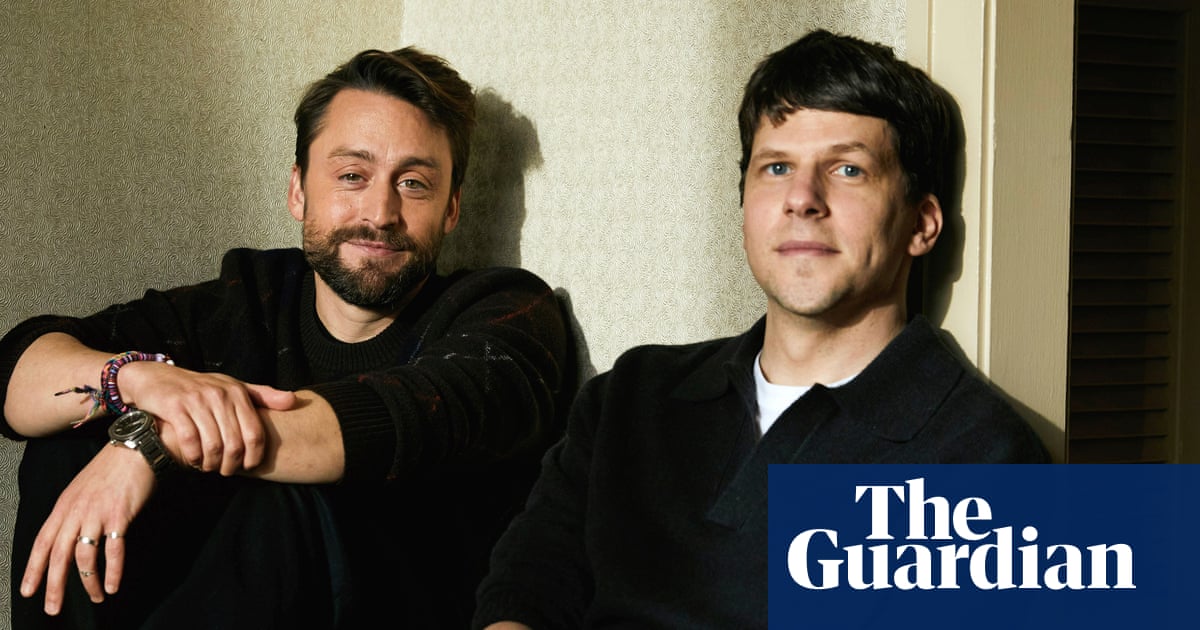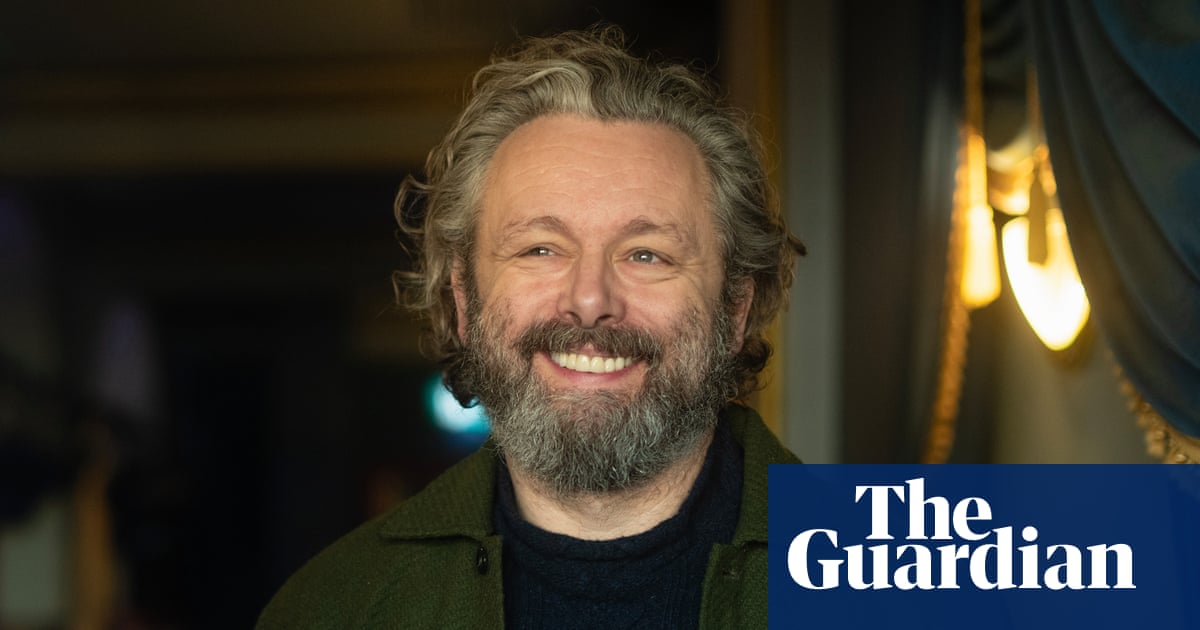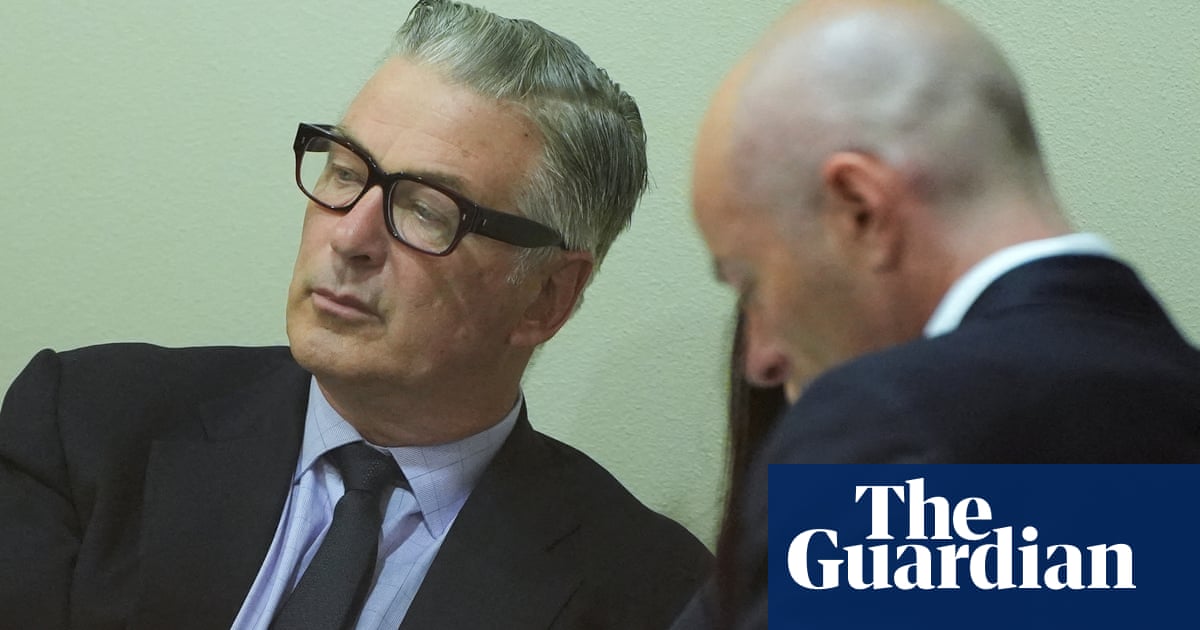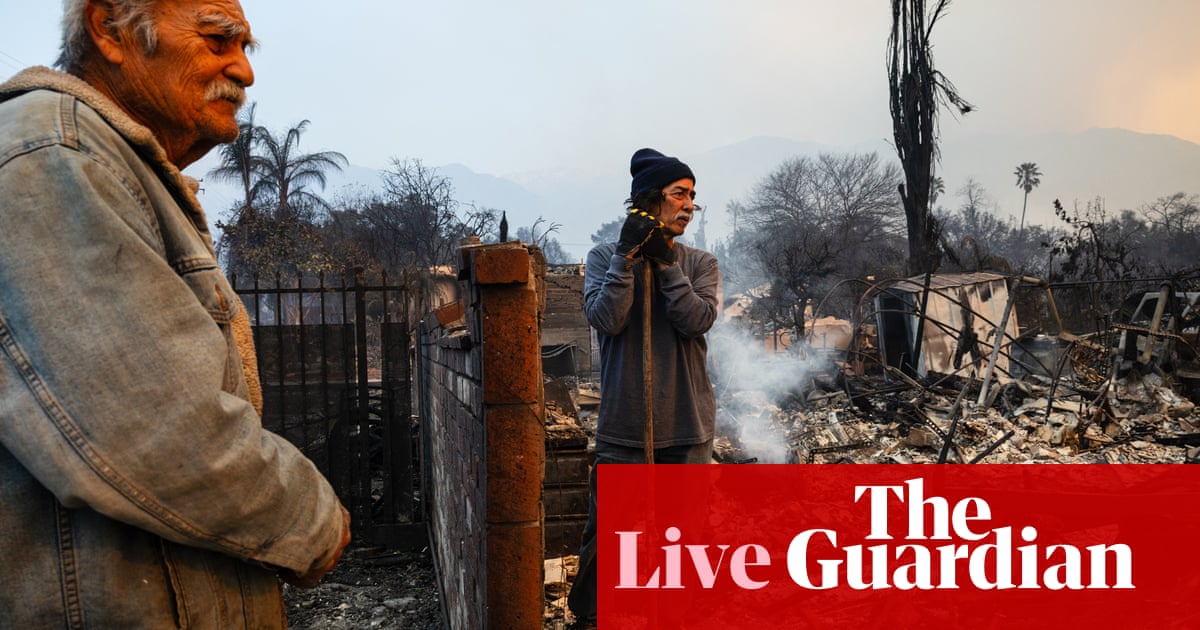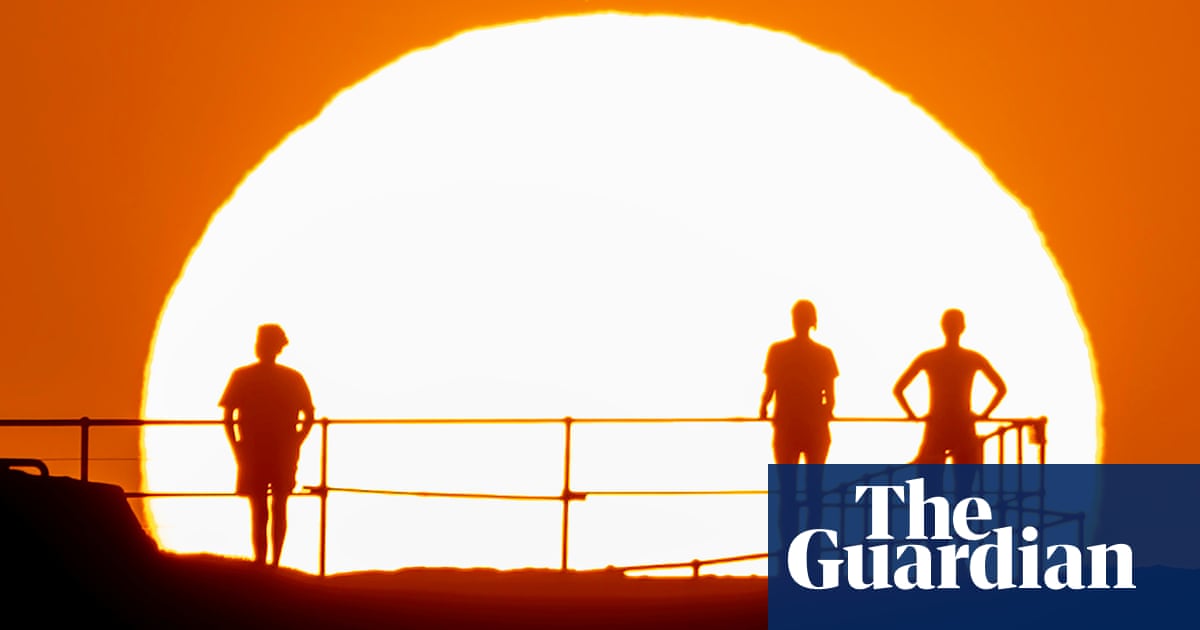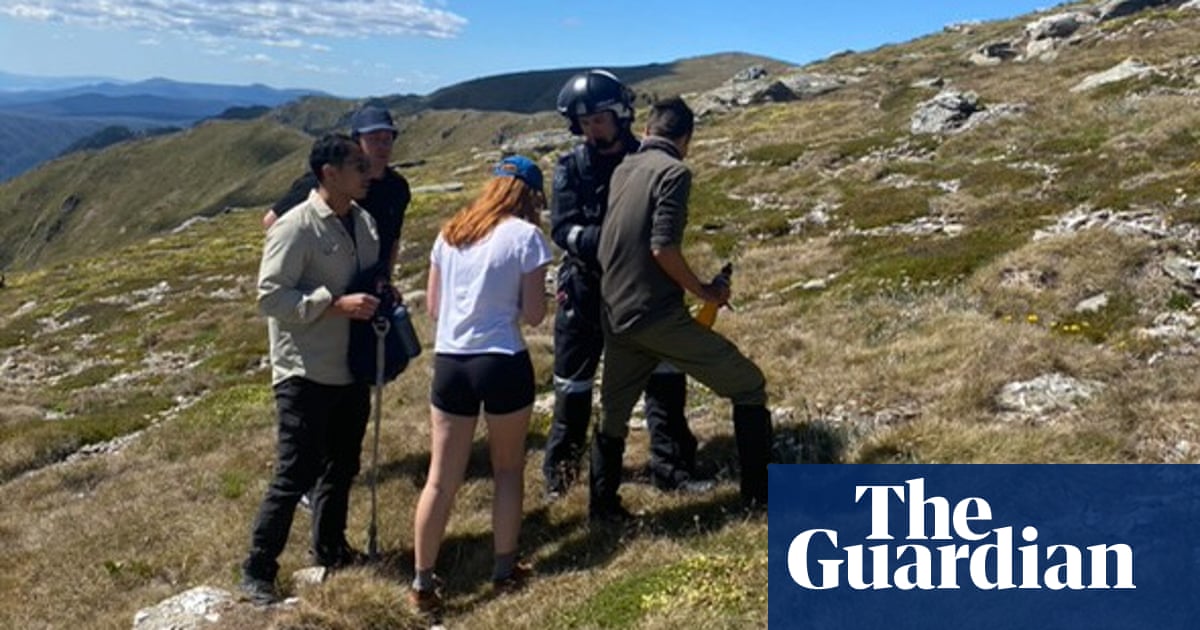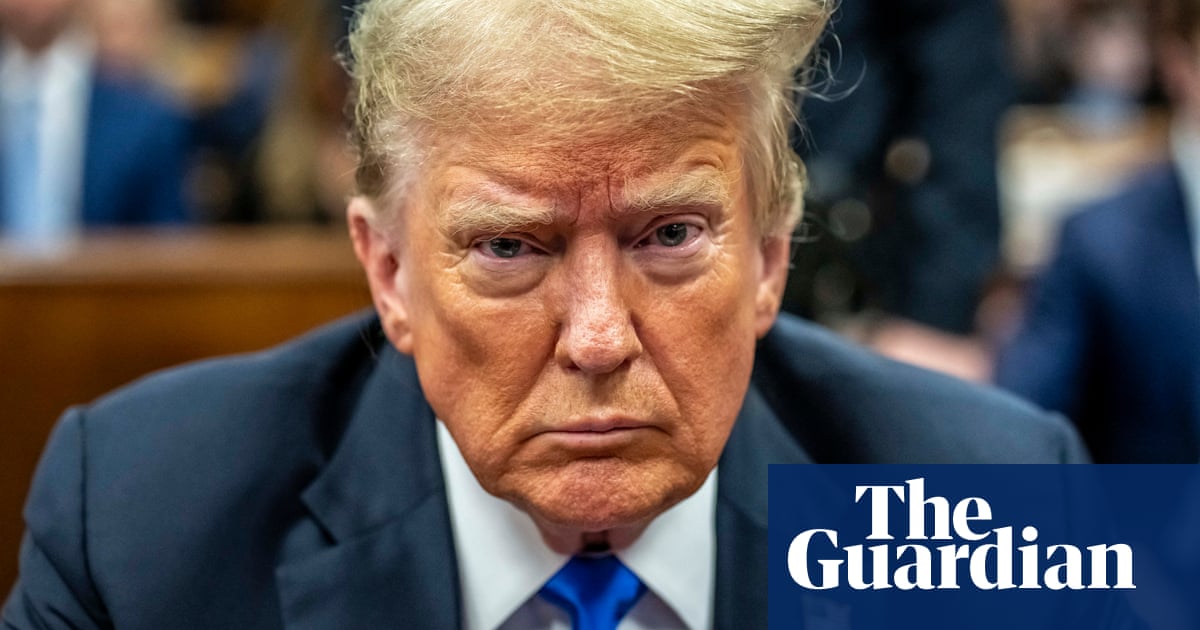The Palestinian and Israeli makers of an award-winning film about land confiscation and oppression on the West Bank were just embarking on an extensive US tour this month when the escalating violence of their homeland reached out and dragged them back.
In Masafer Yatta, the cluster of embattled Palestinian hamlets in the South Hebron hills, which is the focus of the documentary No Other Land, settler violence against the local villagers escalated sharply, while the bombing of Gaza stepped up, killing about 80 Palestinians.
On 30 September, Israeli troops began crossing into Lebanon in significant numbers for the first time since 2006. The next day, seven Israelis in Jaffa were killed in a knife and gun attack by Hamas militants, and Iran fired 200 ballistic missiles at Israel. The devastating Gaza conflict, and the long-simmering struggle on the West Bank, looked to be on the point of igniting an all-out regional war.
As airlines began cancelling flights, three of the film’s four directors found themselves a long way from home, attending the New York film festival, and in danger of being marooned. Basel Adra, a Palestinian activist, Yuval Abraham, an Israeli journalist and Israeli cinematographer Rachel Szor scrambled to book seats on planes flying east.
“We sat in the New York apartment and we just looked at what was happening in those 24 hours, and it just felt like a very big disconnect,” Abraham said. “We spoke to our parents and they were very worried, and we felt it’s better to be with our families at that time.”
The three directors (the fourth, Hamdan Ballal, had not gone to the US) live within a few hours’ drive of each other but the reality of the Israeli-Palestinian conflict required that they returned home by different routes. While Abraham and Szor could fly directly into Ben Gurion airport outside Tel Aviv, Adra had to go via Amman in Jordan, and join the queue to cross the border into the West Bank.
While Israelis can travel freely across most of the occupied territory, West Bank Palestinians such as Adra cannot venture into Israel or even into Palestinian East Jerusalem. Even moving around close to home is rendered unpredictable and nerve-racking by the facts of military occupation.
“At every moment, roads can be blocked and reopened, 24 hours a day. Hebron, a city of 400,000 people, was blocked by just four soldiers. People who need to get to work can spend three or four hours at a checkpoint,” Adra said. It has become increasingly common for the soldiers to seize the phones of Palestinians they search to check their contacts.
“Every time I see a checkpoint, I try to delete as many apps from my phone as I can before I reach the soldiers and then I download them again when I pass,” Adra said. This hindering of daily life to the brink of impossibility is what he describes as the systematic dehumanisation of Palestinians.
Across much of the West Bank, it involves the forcible separation of the Palestinians from their land – nowhere more so than in Masafer Yatta, the villages south of Hebron whose existence has been under threat since the area was declared a military training ground in 1981.
Bulldozers, soldiers and violent settlers have been regular visitors ever since, both at night and in the full glare of daylight. Over the decades, many of Masafer Yatta’s people have fled, but others have held on, retreating to the ancient caves in the rocky hills after every structure they had built was smashed. For them, there is no alternative: the underlying reality that gives the film its title.
No Other Land shows what such treatment looks like on the receiving end. It is not the fly-on-the-wall observations of an impassive observer. Adra grew up in Masafer Yatta and he has been an activist from the age of 15, in his father’s footsteps.
In some scenes, he is the quarry of the soldiers’ pursuit and he films his own escape. At one point, you see a Palestinian man shot in the stomach by a settler in an unprovoked attack in clear sight of an Israeli soldier. The victim, Zakriha Adra, is Basel’s cousin and it was Basel who filmed the shooting.
Persecution and sporadic violence has been the norm in the South Hebron hills for decades, but it has risen since the war in Gaza began in October last year, triggered by a Hamas attack on Israeli villages near Gaza that killed 1,200 people. With the war in full swing, settlers have an even freer hand in the West Bank and carry out attacks on Palestinian villages more regularly and with even greater impunity.
after newsletter promotion
“This is what the occupation is composed of, like every single day, hundreds of moments of violence that are largely invisible to many people in the western world,” Abraham said. “One of the advantages of making a film and documenting five years … is that I hope we are able to capture some of these invisible structural violence.”
No Other Land, which won two best documentary awards at the Berlin International Film Festival, is also about Abraham and Adra’s friendship. Abraham grew up speaking Arabic with his grandfather, who was Jewish but lived in Palestine under British rule before the creation of Israel in 1948. In more recent years, he has taken Arabic lessons.
The conversations between the two young men are the emotional spine of the film. They are filled with casual affection but there is also an inevitable friction arising from their very different fates. Abraham can drop in and out of the realities of the South Hebron hills while Adra is condemned to live them daily. Abraham is subject to civilian law; Adra lives under military law.
Their relationship is a vanishingly rare thing in Israel and the occupied territories now, when common space between Palestinians and Israelis, created by the flawed Oslo peace process of the 1990s, has shrunk dramatically over the past two decades. The Israeli left has nearly evaporated. Of the hundreds of thousands of Israelis who each week demonstrate against Benjamin Netanyahu’s conduct of the Gaza war, almost all are there for the Israeli hostages. Only a tiny majority protest against the treatment of Gazan Palestinians.
By making a joint stand with a Palestinian against the occupation, Abraham has been branded a traitor by the far right, which has emerged as the dominant political force under Netanyahu. After his acceptance speech at the Berlin festival in February, he received death threats and his family home was attacked by a rightwing mob.
Netanyahu’s coalition, once shaky, has been strengthened by the continual state of war. Even if it fell, it is highly unlikely it would be replaced by a government supporting an end to occupation and a Palestinian state. Adra’s prognosis for the region is bleak.
“The reality is we are left without any power, without any rights,” he said.
The pair believes the only realistic hope for the region is pressure for change from outside, particularly from the US. However, there too they feel profound disillusionment with the Biden administration, which has complained from time to time about the treatment of Palestinians but has continued to send weapons and pledge unwavering American support for Israel.
The two men were talking before the US presidential election. Given the choice on offer, Abraham saw Kamala Harris as the lesser of two evils, but like many Palestinians, Adra argued that nothing could be worse than the Biden-Harris administration, which had continued to supply Israel with bombs in the face of the razing of Gaza and the deaths of more than 43,000 people.
“Trump is bad but Trump did not do to us what the Democrats did to us,” he said. But while Adra is cynical over western leadership, he places some hope in American and European public opinion. “The people in the street in the UK, and the US and France should know what their governments are supporting.”
That education is the ambition of No Other Land, which has found an increasingly wide audience in Europe but is still without a distributor in the US. There are talks in progress, but showing support for Palestinians can be politically toxic in America.
Adra, Abraham and their fellow directors are now faced with a dilemma: going back on tour and promoting No Other Land will help gain an audience, but only at the expense of abandoning their families to the dangers the film depicts.
As Abraham put it: “You leave your family and you leave your work and you leave everything, and you don’t know what will happen back home.”
No Other Land is in UK cinemas now

.png) 2 months ago
14
2 months ago
14

